11. Million Dollar Baby (2004)
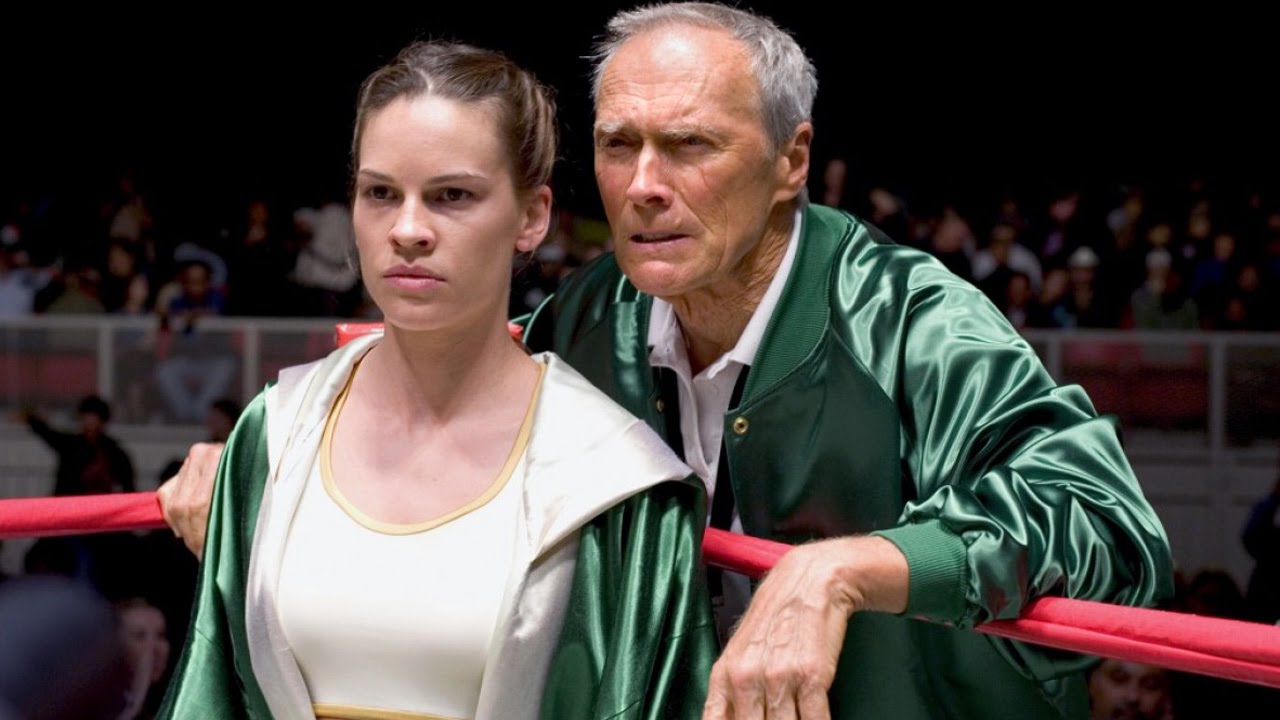
When Clint Eastwood earned Best Picture and Best Director honors for his gritty, revisionist anti-western (‘Unforgiven’) in 1992, the moment felt at the time as a proper send-off to a legend and the cherry on top of his illustrious career. Little did we know that not only he’d double down with another win in 2005, but that he’d still be going at it twenty years later at age 91. And though his latest output has been far from stellar, old man Eastwood had plenty left in the tank when he put his own spin on the boxing genre.
On many fronts, ‘Million Dollar Baby’ fits the mold as the ‘scrappy underdog’ storyline that’s been shoved down our throats ad nauseam ever since ‘Rocky’. And for three-quarters of the runtime, Eastwood does the same grumpy, grimacing macho man act he’s accustomed us to in the past fifty years. But within that familiar framework, the film lures us into a false sense of complacency before striking us with a final blow that flips every generic convention on its head.
10. Nomadland (2020)

The winner in a historic, pandemic-riddled awards race follows Fern (Frances McDormand), a grizzled widow and gig economy worker who becomes a modern-day nomad, drifting across the Western frontier in her van. At best, Chloé Zhao’s film is elegiac and relevant; a spiritual wake-up call and a timely reminder of those shattered by the absurd demands of capitalism.
The film flirts with lofty ideas about wage stagnation, scarcity or freedom, but does so without ever feeling comfortable in its own skin, treading the line between documentary-style authenticity and dramatic theatricality without fully embracing either. As a portrait of the economic wreckage of the Great Recession, ‘Nomadland’ bites off more than it can chew. That it pulls some punches when it comes to its toothless depiction of Amazon or the harsh realities of the nomad lifestyle doesn’t help its cause either. At the end of the day, Malick-inspired sweeping vistas of the Midwest can only do so much to make up for all of these shortcomings.
9. The Hurt Locker (2009)
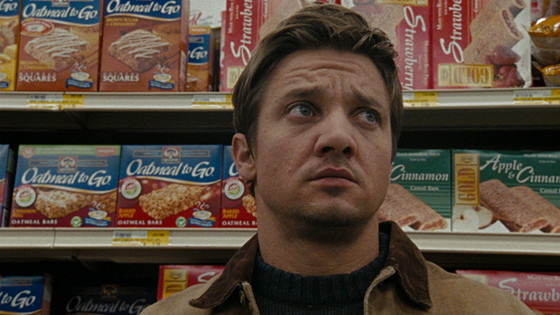
French auteur François Truffaut once said that “there’s no such thing as an anti-war film”, arguing that on-screen portrayals tend to glamorize the heroic feats, camaraderie and thrills of combat while criminally downplaying the bleak tragedy and dehumanizing horror that every armed conflict entails. We beg to differ (please refer to ‘Come and See’, ‘The Thin Red Line’ or ‘The Human Condition’), but there’s no denying that with a handful of exceptions, Truffaut’s criticism rings true.
From ‘Hacksaw Ridge’ to ‘American Sniper’, Hollywood has quite a sordid track record when it comes to nominating (subpar) war films. The last one to claim the highest honor, ‘The Hurt Locker’, didn’t attract as many detractors as the former two, and — fortunately — steered clear from blatantly pushing a patriotic agenda. Instead, director Kathryn Bigelow used the disquieting backdrop of the Iraqi conflict as a means to explore the steep psychological toll of the war on terror through the eyes of a bomb disposal unit. And yet, the film is at its very best during the adrenaline-fuel bomb disarming sequences, leaving a lot to be desired in terms of characterization.
8. Gladiator (2000)
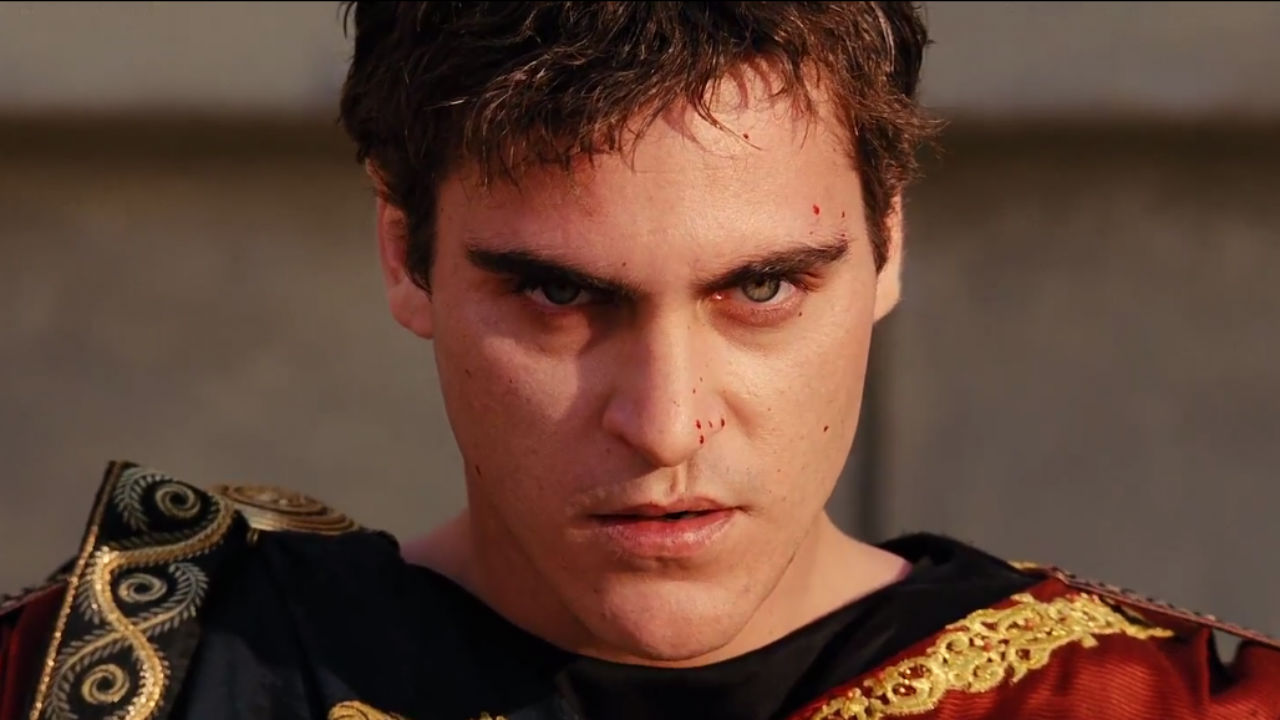
2021 hasn’t been a great year for Ridley Scott. ‘The Last Duel’ flopped emphatically in the box office — prompting the veteran director to pin the blame on Millennials “and their f***ing telephones” — while the only silverware ‘House of Gucci’ claimed was Jared Leto’s Razzie Award for his bewildering performance as Paolo.
In 2000 however, his sword-and-sandals epic ‘Gladiator’ muscled its way to five Oscar wins and forever immortalized Russell Crowe’s Maximus as a larger-than-life icon of virility and resilience. Historical inaccuracies and sloppy pacing issues aside, watching the disgraced Roman general claw his way into retribution is still fairly cathartic to this day. Joaquin Phoenix has rarely been more entertaining than as the slimy, sadistic Emperor Commodus and Hans Zimmer’s score is truly one for the books. Though its place in pop culture as a modern masterpiece might be a tad overblown, ‘Gladiator’ delivered exactly what it set out to do — a pompous, testosterone-heavy spectacle that essentially became the ‘Spartacus’ of its generation.
7. The Lord of the Rings: The Return of the King (2003)

In hindsight, it’s easy to take ‘Return of the King’ for granted given the towering achievement of its two predecessors as if it was always a given that it was going to turn out to be this great. But if we’ve learned something with medieval (Game of Thrones) and fantasy (Star Wars) tentpoles in the past decade, is that nailing the ending is no small feat. In that regard, ‘Return of the King’ passed with flying colors, delivering a satisfying send-off to a colossal trilogy of films that have been long emulated but whose scale and mysticism are still unmatched.
Whether it’s the best entry overall is debatable — when it comes to it, we’ll gladly take ‘Fellowship’ — but there’s no denying the sheer scope and grandeur of its final chapter. Clocking in just north of 200 minutes, ‘Return of the King’ could’ve easily suffocated under its own weight, and admittedly, the pacing begins to show some cracks during the endless parade of epilogues following the film’s climactic battle. But the emotional heights it reaches are too overwhelming to be neutralized by some minor gripes. Peter Jackson, you bow to no one.
6. Spotlight (2015)

Contrary to most of the entries in this list, ‘Spotlight’ has an important story genuinely worth telling. An ode to good old-fashioned journalism, the film centers on the gargantuan investigation undertaken by a Boston Globe’s staff team that successfully tracked down and uncovered thousands of child abuse cases within the Catholic Church that had been systematically swept under the rug by local authorities.
Taking a cue from gritty newsroom procedurals, most evidently ’All the President’s Men’, ‘Spotlight’ manages to navigate its nauseating set of clues and paperwork with razor-sharp precision and weave through bucketloads of information without hitting a single wrong note — making a riveting watch out of what might’ve seemed a musty, academic story better suited for a six-episode docuseries. And arguably the biggest virtue of the film is that it doesn’t sugarcoat the facts or try to win extra points with sappy sensationalism — it just tells it like it is and lets the disturbing, real-life ramifications speak for themselves. ‘Spotlight’ might not be necessarily fun or groundbreaking, but it’s the type of film we’re all better off with.
5. Moonlight (2016)
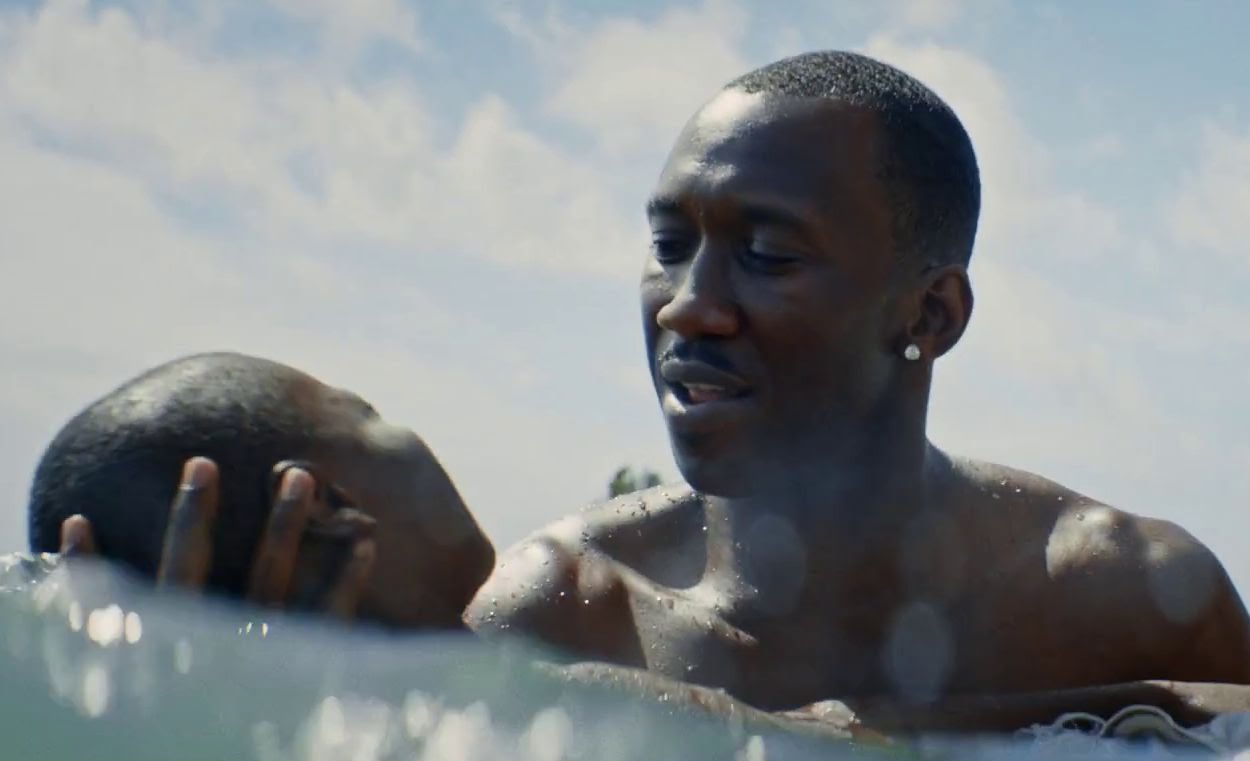
A film that, regrettably, will always be somewhat overshadowed by the infamous ‘La La Land’ ballot debacle that preceded its win, but which nevertheless broke all kinds of molds in terms of representation and became the first A24 production to receive the coveted prize.
In ‘Moonlight’, Barry Jenkins’ delivered a raw, uncompromising coming-of-age story full of insights and revelations which, among other things, deftly illustrates how trauma, oppressive environments and dysfunctional parental figures often leave emotionally-crippled individuals with unhealthy coping mechanisms in their wake. The film does so while dodging the common, overused clichés Hollywood often falls for and without retorting to spare emotionality or ever coming off as preachy. 2016 had no shortage of strong contenders (‘Arrival’, ‘Manchester by the Sea’) and overlooked masterpieces (‘The Handmaiden’, ‘Silence’) that would have been more than worthy recipients, but ‘Moonlight’ still is an unusually gutsy choice given the Academy’s track record.
4. 12 Years a Slave (2013)
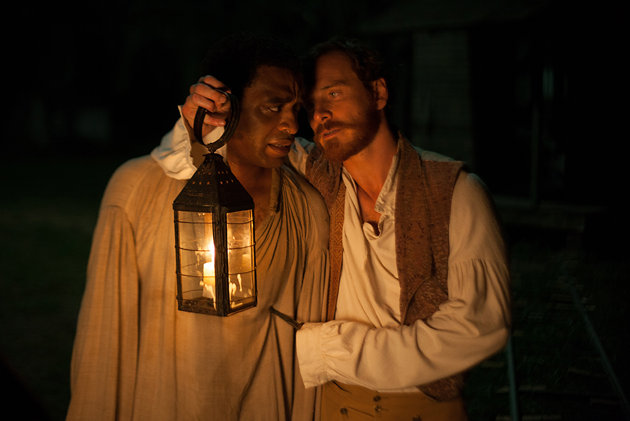
In a list full of disposable movies that drown you in a sea of schmaltz (‘A Beautiful Mind’) and heavy-handed notions about racism (‘Crash’, ’Green Book’), Steve McQueen’s instant classic is a nice change of pace. ’12 Years a Slave’ is a scathing indictment of our past sins and a poignant tale of hope and resilience in the face of cruelty that confronts our blood-soaked history head-on through the story of Solomon Northup, a free black man who was abducted and sold into slavery.
McQueen refined and expanded upon the talent shown in his previous two features and triumphed by refusing to handle its central topic lightly, putting its audience through the wringer for an excruciating 130 minutes. The result is a film that hits you like a freight train and pulls no punches when it comes to its most uncomfortable scenes but — though incredibly informative — never deals in empty platitudes. You’ll probably have a hard time finding a lot of people who’ve revisited ’12 Years A Slave’ ever since it won the big prize, but out of all Oscar winners, it might be the one that we’ll never forget.
3. The Departed (2005)
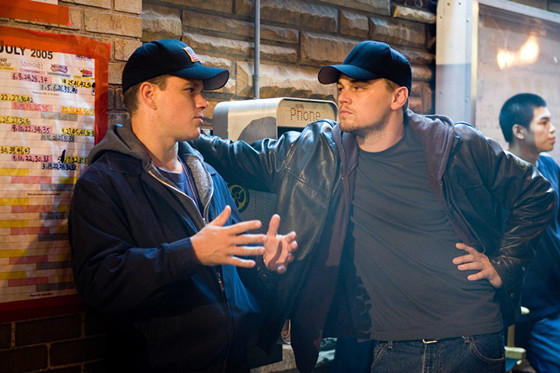
The fact that the Academy waited until the greatest living director in America was 64 to give him an Oscar is a good reminder not to put a lot of stock in their judgment. Martin Scorsese had been on the wrong side of some of the most egregious snubs in Best Picture history, walking away empty-handed for ‘Taxi Driver’ (‘Rocky’), ‘Raging Bull’ (‘Ordinary People’) and ’Goodfellas’ (‘Dances with Wolves’) before hitting the jackpot with his Irish crime epic.
‘The Departed’ reimagines the classic Hong Kong thriller ‘Infernal Affairs’, where two moles on a collision course infiltrate the police force and local mob simultaneously. And though the film is far from Scorsese’s crowning achievement, it does play like a sort of ‘best hits’ of his career — from his signature menagerie of crime, betrayal and high-wire drama, to iconic needle drops and solid performances all across the board. It’s clear that the director had a blast revamping his classic gangster template in South Boston, and the result is an incredibly brisk and rewatchable affair. Sorry, but it just doesn’t get any better than listening to Jack Nicholson spew profanities in a thick Bostonian accent for two and a half hours non-stop.
2. No Country for Old Men (2007)
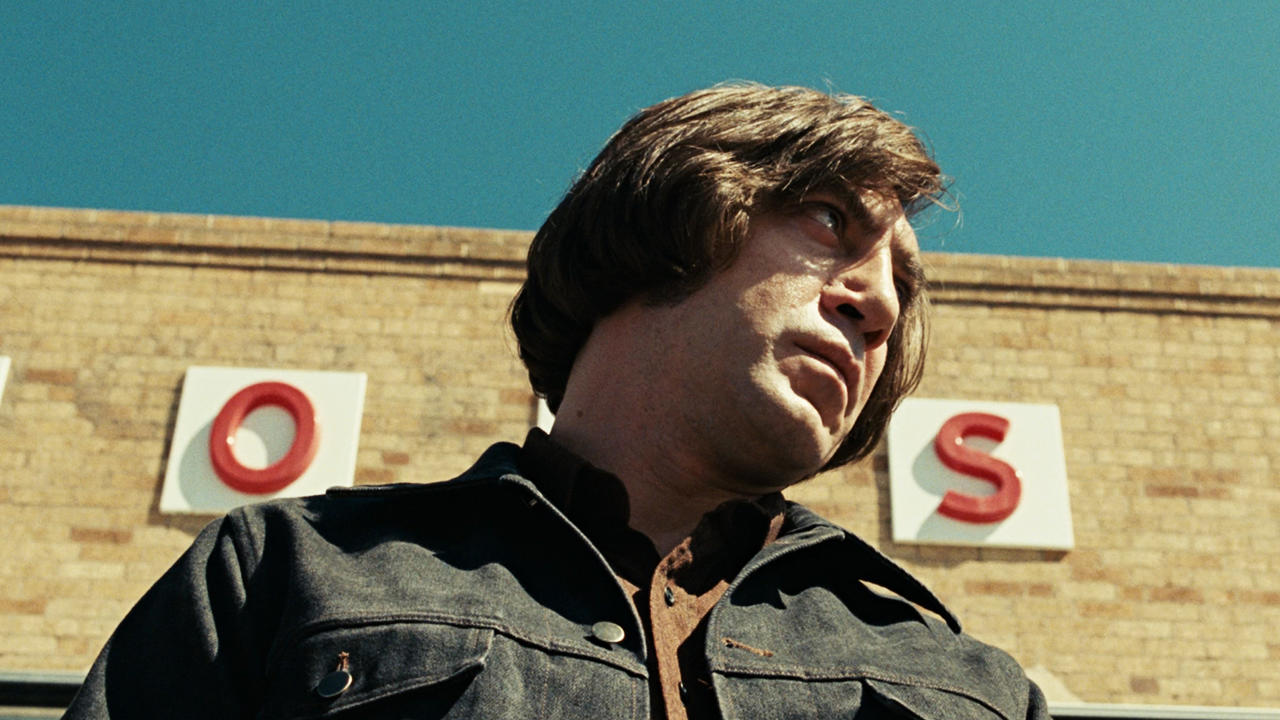
2007 was a great year in film that saw some of the best modern directors fully hit their stride and drop instant classics the likes of ‘Zodiac’, ‘The Assassination of Jesse James’ or ‘There Will Be Blood’ in a span of a few months. The Coen Brothers proved once again why they’re hailed as the most versatile storytellers among their peers with a somber adaptation of Cormac McCarthy’s bestselling novel — a far cry from their lighthearted oddball comedies that nevertheless plumbs familiar ground like moral decay, the banality of evil or the inescapable stranglehold of fate.
Make no mistake — time may have shifted popular opinion to lean ever-so-slightly towards its Best Picture rival (Paul Thomas Anderson’s oil-drilling epic) and it may not reach the historic highs of a few god-tier Coen entries — but ‘No Country for Old Men’ is a masterpiece in its own right. Plus it essentially gifted us with the most iconic villain since Hannibal Lecter in the form of a laconic, bowl-cut serial killer — a brutal force of nature that left a mark among audiences and keeps slithering back into our pop culture discourse.
1. Parasite (2019)

The discourse around ‘Parasite’ tends to focus heavily on its groundbreaking win at the 2019 Oscars. And to be fair, it would be hard to overstate the magnitude of shockwaves that Bong Joon-ho’s sweep sent all across the industry as the first non-English-language film to lift the golden statue. Parasite’s success wasn’t only a cultural reset in Oscar history and a slam dunk for South Korea, but vindication for every international film that had been wrongfully neglected by the same jury in the past, as well as a beacon of hope for all the great ones that will follow suit in the coming years.
But praising ‘Parasite’ only in terms of its historical weight could induce one to think it’s some sort of ‘token’ winner; a cute novelty for the history books, when that couldn’t be further from the truth. Don’t get it twisted — if ‘Parasite’ came on top with four statuettes in 2019 it was all based on its own merits as a staggering achievement in modern filmmaking. In what lesser films like ‘Nomadland’ tinkered with but ultimately failed to convey as an indictment of capitalism and its many shortcomings, Bong Joon-ho thoroughly triumphed; delivering a biting commentary on class warfare that analyzed society with a magnifying glass — revealing all its fissures and discrepancies in a genre-blending masterpiece.
Time has turned hyperboles into consensus opinions, and ‘Parasite’ now comfortably enjoys a place in the upper echelon of Oscar winners. It’s enthralling, insightful, refreshing, funny, shocking and, simply put, unlike any recipient that came before it.